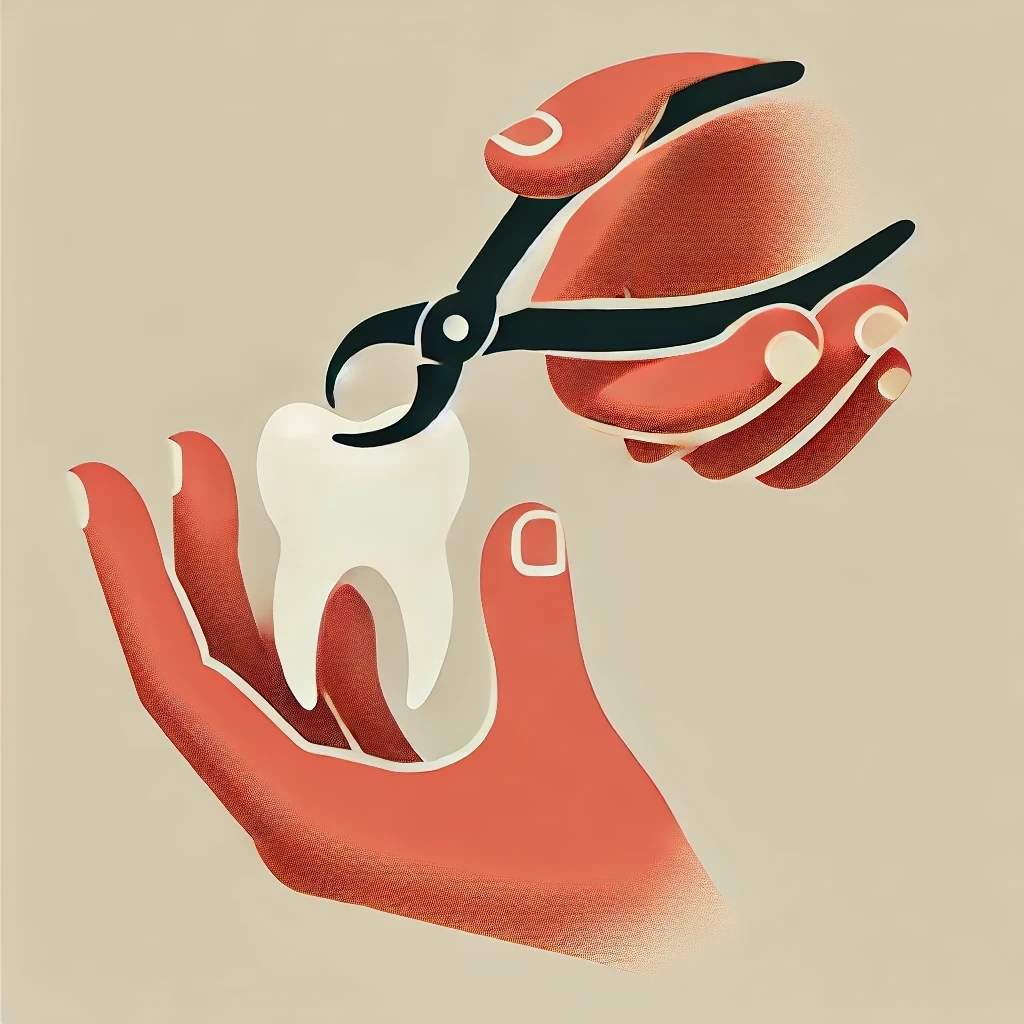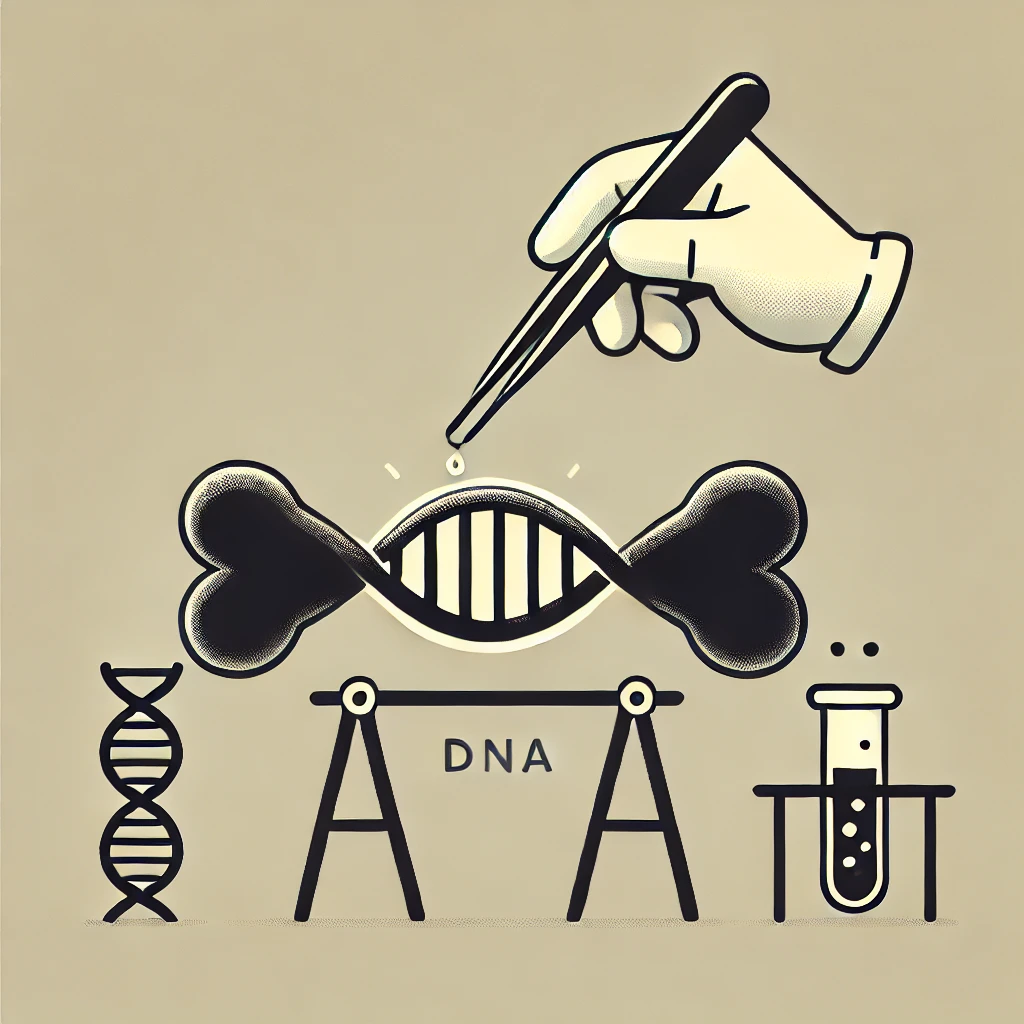Extract
Definition
Extract primarily refers to removing or obtaining something from a particular source.
Parts of Speech
- Noun
- Verb
Pronunciation
As a Noun:
American English
- IPA Pronunciation: /ˈɛkstrækt/
- Respelling: EK-strakt (with "EK" as in "echo" and "strakt" as in "track")
British English
- IPA Pronunciation: /ˈɛkstrækt/
- Respelling: EK-strakt (with "EK" as in "echo" and "strakt" as in "track")
As a Verb:
American English
- IPA Pronunciation: /ɪkˈstrækt/ or /ɛkˈstrækt/
- Respelling: ik-STRAKT or ek-STRAKT (with "ik" as in "ink" or "ek" as in "echo," and "STRAKT" as in "track")
British English
- IPA Pronunciation: /ɪkˈstrækt/ or /ɛkˈstrækt/
- Respelling: ik-STRAKT or ek-STRAKT (with "ik" as in "ink" or "ek" as in "echo," and "STRAKT" as in "track")
In both American and British English, the noun form places the primary stress on the first syllable ("EK-strakt"), while the verb form places it on the second syllable ("ik-STRAKT" or "ek-STRAKT").
Etymology
The word "extract" comes from the Latin verb extrahere, meaning "to draw out" or "to pull out," which is a combination of ex- meaning "out of" and trahere meaning "to draw" or "to pull." The term was adopted into Middle English in the 15th century, retaining its meaning of pulling out or removing something.
Derivatives
- Extraction (noun)
- Extractor (noun)
- Extracted (adjective)
- Extractive (adjective)
- Extractable (adjective)
Synonyms
- Derive
- Elicit
- Withdraw
Antonyms
- Insert
- Introduce
- Add
Usage
"Extract" is commonly used in various contexts, such as in cooking, literature, and science. In cooking, it often refers to concentrated flavors, such as vanilla extract. In literature, an extract refers to a passage taken from a larger text. In science and industry, the term is used for substances removed from raw materials.
Related Terms
- Distill: Purify a liquid by heating it so that it becomes a vapor and then cooling it so it condenses into a liquid.
- Squeeze: Apply pressure to something to force liquid out of it.
- Deduce: Arrive at a fact or conclusion by reasoning.
Detailed Definition
Noun
- Concentrated Substance: A preparation containing the active ingredient of a substance in concentrated form, such as a flavor or essence derived from a plant or other material.
- Example: The recipe calls for a teaspoon of vanilla extract.
- Selected Passage: A portion or segment taken from a larger text, used in literature or academic work.
- Example: The book contains several extracts from famous speeches.
Verb
- To Draw Out: To remove something, often with effort or skill, from its original source or context.
- Example: The dentist had to extract the infected tooth.
- To Derive or Obtain: To obtain something, especially a substance, by a special process from a particular source.
- Example: The scientists were able to extract DNA from the ancient bones.
- To Select or Choose: To choose and remove a specific portion of something, such as text or data.
- Example: The editor decided to extract a chapter from the book for the magazine.
extract



🇨🇳 Mandarin
- 提取 (tíqǔ)
- IPA: [tʰí.tɕʰy̌]
- Respell: tee-chyu
- 萃取 (cuìqǔ)
- IPA: [tsʰwèi.tɕʰy̌]
- Respell: tswey-chyu
🇮🇳 Hindi
- निकालना (nikālnā)
- IPA: [nɪkaːlnaː]
- Respell: ni-kaal-naa
- अर्क (ark)
- IPA: [ərk]
- Respell: urk
🇪🇸 Spanish
- Extraer
- IPA: [ekstɾaeɾ]
- Respell: eks-trae-er
- Extracto
- IPA: [eksˈtɾakto]
- Respell: eks-trak-to
🇫🇷 French
- Extraire
- IPA: [ɛkstʁɛʁ]
- Respell: eks-trair
- Extrait
- IPA: [ɛkstʁɛ]
- Respell: eks-tray
🇸🇦 Modern Standard Arabic
- استخراج (istikhraj)
- IPA: [istixˈraːd͡ʒ]
- Respell: is-ti-kh-raj
- مستخلص (mustakhlas)
- IPA: [mʊstaxˈlas]
- Respell: mus-ta-kh-las
🇧🇩 Bengali
- নিষ্কাশন (niṣkāśôn)
- IPA: [niʃkaʃon]
- Respell: neesh-kash-on
- প্রস্তুত (prastut)
- IPA: [prostut]
- Respell: pro-stoot
🇷🇺 Russian
- Извлечь (Izvlech')
- IPA: [ɪzˈvlʲet͡ɕ]
- Respell: iz-vlyech'
- Экстракт (Ekstrakt)
- IPA: [ɪkˈstrakt]
- Respell: ek-strakt
🇵🇹 Portuguese
- Extrair
- IPA: [ɨʃtɾaˈiɾ]
- Respell: esh-trai-er
- Extrato
- IPA: [ɨʃˈtɾatu]
- Respell: esh-tra-to
🇮🇩 Indonesian
- Mengekstrak
- IPA: [mənɡɛkˈstrak]
- Respell: meng-ek-strak
- Ekstrak
- IPA: [ɛkˈstrak]
- Respell: ek-strak
🇩🇪 German
- Extrahieren
- IPA: [ɛkstʁaˈhiːʁən]
- Respell: eks-tra-hee-ren
- Extrakt
- IPA: [ɛkˈstʁakt]
- Respell: ek-strakt
🇯🇵 Japanese
- 抽出 (chūshutsu)
- IPA: [t͡ɕɯːɕɯtsɯ]
- Respell: choo-shoo-tsoo
- エキス (ekisu)
- IPA: [ekisu]
- Respell: eh-kee-soo
🇻🇳 Vietnamese
- Chiết xuất
- IPA: [t͡ɕiət̚˧˧ sʷət̚˧˧]
- Respell: chyet swat
- Tinh chất
- IPA: [tʰɪŋ˧˧ ʈ͡ʂət̚˧˧]
- Respell: ting chat
🇰🇷 Korean
- 추출하다 (chuchulhada)
- IPA: [t͡ʃʰu.t͡ʃʰul.ɦa.da]
- Respell: choo-chool-ha-da
- 추출물 (chuchulmul)
- IPA: [t͡ʃʰu.t͡ʃʰul.mul]
- Respell: choo-chool-mool
🇹🇷 Turkish
- Çıkarmak
- IPA: [t͡ʃɯˈkaɾmak]
- Respell: chi-kar-mak
- Özüt
- IPA: [œˈzyt]
- Respell: oz-yoot
🇵🇰 Urdu
- نکالنا (nikālnā)
- IPA: [nɪkaːlnaː]
- Respell: ni-kaal-naa
- عرق (arq)
- IPA: [arq]
- Respell: arq





